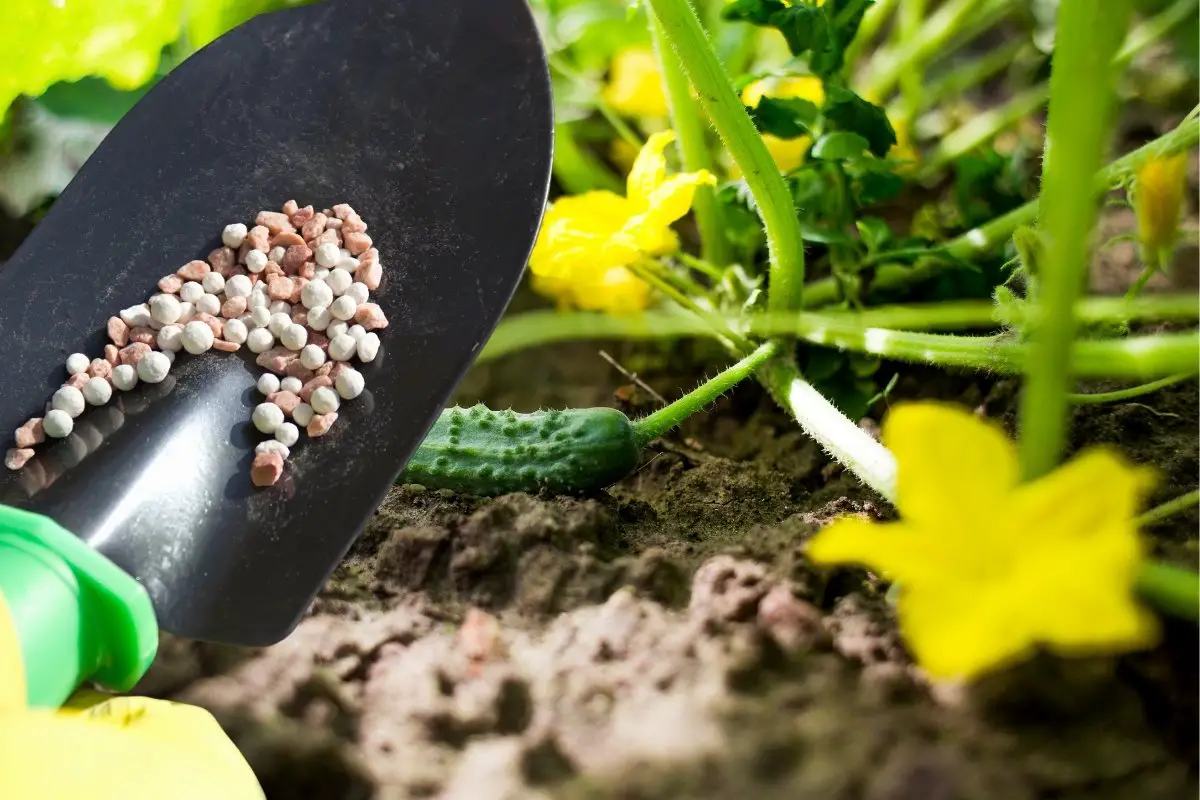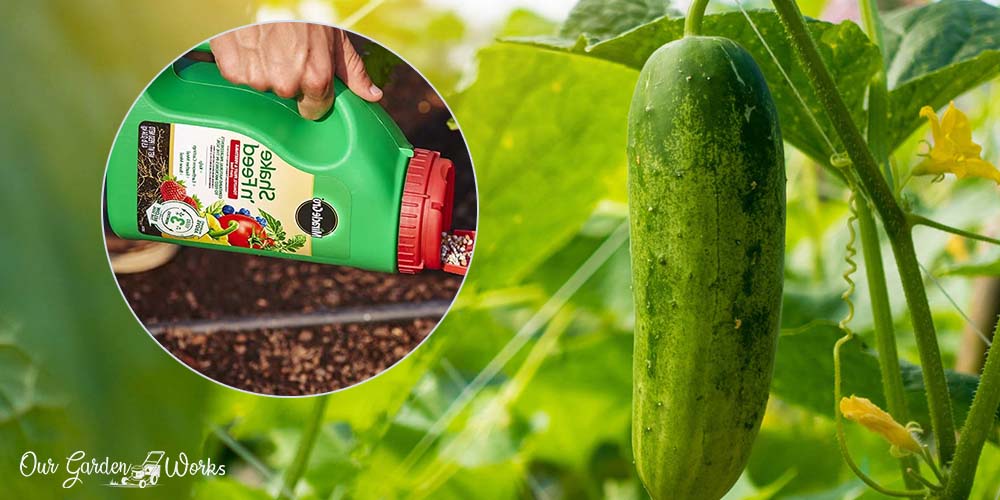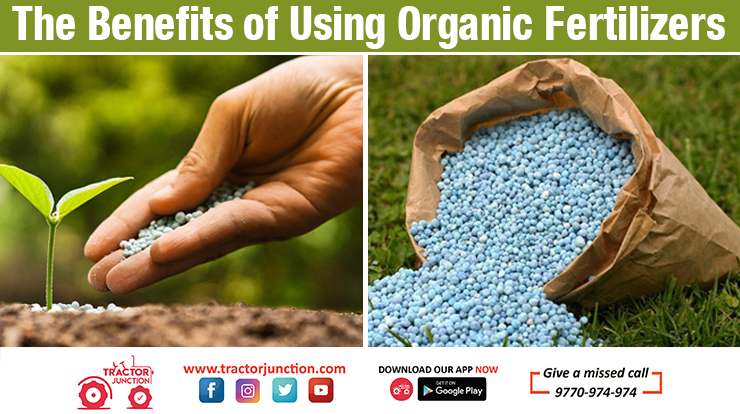Why Fertilizers Matter for Cucumber Growth
Fertilizers play a vital role in cucumber growth, providing essential nutrients for healthy development and maximum yields. Without adequate fertilization, cucumbers may struggle to grow, leading to stunted plants, reduced yields, and increased susceptibility to disease and pests. When searching for what’s the best fertilizer for cucumbers, it’s essential to understand the importance of fertilizers in promoting optimal growth.
Cucumbers require a balanced diet of nutrients to thrive, including nitrogen, phosphorus, potassium, and other micronutrients. Fertilizers provide these essential nutrients, which are vital for root development, leaf growth, and fruit production. By supplying cucumbers with the necessary nutrients, fertilizers help promote healthy growth, increase yields, and enhance overall plant health.
Proper fertilization is critical for achieving a bountiful harvest. Cucumbers have unique nutrient requirements, and using a fertilizer that meets these needs can make all the difference in their growth and productivity. By understanding the importance of fertilizers and how they impact cucumber growth, gardeners can make informed decisions about the best fertilizers for their crop.
Understanding Cucumber Nutrient Requirements
Cucumbers have specific nutrient requirements that must be met to ensure healthy growth and maximum yields. When searching for what’s the best fertilizer for cucumbers, it’s essential to understand these requirements to provide the necessary nutrients. Cucumbers are heavy feeders and require a balanced diet of macronutrients, including nitrogen (N), phosphorus (P), and potassium (K).
Nitrogen is crucial for leaf growth and green color, while phosphorus promotes root development, flower and fruit formation, and overall plant health. Potassium helps with overall plant vigor, resistance to disease, and water balance. In addition to these macronutrients, cucumbers also require micronutrients like calcium, magnesium, and sulfur, which play important roles in plant growth and development.
The ideal nutrient ratio for cucumbers is often debated, but a general guideline is to provide a balanced fertilizer with a ratio of 10-10-10 (nitrogen-phosphorus-potassium) or 20-20-20. However, this may vary depending on factors like soil type, climate, and growth stage. By understanding the specific nutrient requirements of cucumbers, gardeners can choose a fertilizer that meets these needs, leading to healthier plants and higher yields.
How to Choose the Right Fertilizer for Your Cucumbers
With so many fertilizer options available, selecting the best one for your cucumbers can be overwhelming. When searching for what’s the best fertilizer for cucumbers, it’s essential to consider several factors to ensure you’re providing your plants with the necessary nutrients for optimal growth.
Soil type is a critical factor in choosing a fertilizer for cucumbers. Different soil types have varying pH levels and nutrient availability, which can affect how well the fertilizer is absorbed by the plants. For example, if your soil is heavy clay or sandy, you may need a fertilizer that is specifically formulated to address these conditions.
Climate is another important consideration when selecting a fertilizer for cucumbers. Cucumbers grown in hot and dry climates may require more frequent fertilization, while those grown in cooler and wetter climates may require less. Additionally, cucumbers grown in greenhouses or indoor containers may have different fertilizer requirements than those grown outdoors.
The growth stage of your cucumbers is also a crucial factor in choosing a fertilizer. Seedlings, for example, require a fertilizer with a higher phosphorus content to promote root development, while mature plants may require a fertilizer with a higher nitrogen content to promote leaf growth and fruit production.
Finally, consider the type of fertilizer you want to use. Organic fertilizers, such as compost or manure, release nutrients slowly and promote soil health, while synthetic fertilizers provide a quick burst of nutrients but may have negative environmental impacts. By considering these factors, you can choose a fertilizer that meets the specific needs of your cucumbers and helps them thrive.
Top Fertilizer Options for Cucumbers: Product Reviews
When searching for what’s the best fertilizer for cucumbers, it’s essential to consider the top products on the market. Here, we’ll review and compare three popular fertilizer options suitable for cucumbers: Miracle-Gro, Espoma Organic, and E.B. Stone Organics.
Miracle-Gro is a well-known synthetic fertilizer that provides a quick burst of nutrients for cucumbers. Its formula is designed to promote rapid growth and fruiting, making it an excellent option for gardeners looking for fast results. However, it may not provide the same long-term soil health benefits as organic fertilizers.
Espoma Organic, on the other hand, is an organic fertilizer made from natural ingredients like bone meal and alfalfa meal. It releases nutrients slowly, promoting healthy soil microbiology and structure. This fertilizer is an excellent choice for gardeners who prioritize soil health and sustainability.
E.B. Stone Organics is another organic fertilizer option that provides a balanced blend of nutrients for cucumbers. Its formula is designed to promote healthy plant growth, fruiting, and soil health. This fertilizer is an excellent choice for gardeners who want a natural, non-synthetic fertilizer that still provides excellent results.
When choosing between these fertilizer options, consider your gardening goals and priorities. If you’re looking for fast results and don’t mind using synthetic ingredients, Miracle-Gro may be the best choice. However, if you prioritize soil health and sustainability, Espoma Organic or E.B. Stone Organics may be a better fit. By selecting the right fertilizer for your cucumbers, you can ensure a bountiful harvest and healthy plants.
The Benefits of Organic vs. Synthetic Fertilizers for Cucumbers
When deciding what’s the best fertilizer for cucumbers, one of the most critical considerations is whether to use organic or synthetic fertilizers. Both options have their pros and cons, which can significantly impact the health of your cucumber plants and the environment.
Organic fertilizers, such as compost, manure, or fish emulsion, are made from natural ingredients and release nutrients slowly. This slow release promotes healthy soil microbiology and structure, which in turn supports the growth of beneficial microorganisms. Organic fertilizers also tend to be more environmentally friendly, as they don’t contribute to soil pollution or water contamination. Additionally, organic fertilizers can improve soil’s water-holding capacity, reducing the need for frequent watering.
On the other hand, synthetic fertilizers, such as ammonium nitrate or urea, are manufactured using chemical processes and provide a quick burst of nutrients. While they can promote rapid growth and fruiting, they can also have negative environmental impacts. Synthetic fertilizers can contaminate soil and water, harm beneficial microorganisms, and contribute to climate change. Furthermore, they can lead to soil degradation and nutrient imbalances, which can negatively impact plant health.
When choosing between organic and synthetic fertilizers for cucumbers, consider the long-term health of your soil and plants. If you prioritize environmental sustainability and soil health, organic fertilizers may be the better choice. However, if you’re looking for quick results and don’t mind the potential environmental drawbacks, synthetic fertilizers may be a viable option. Ultimately, the best fertilizer for cucumbers is one that balances plant growth with environmental responsibility.
Fertilizer Application Tips for Maximum Cucumber Yields
When it comes to applying fertilizers for cucumbers, timing, dosage, and method are crucial for optimal growth and maximum yields. Here are some expert tips to help you get the most out of your fertilizer:
Timing: Fertilize your cucumbers at the right growth stage. For seedlings, apply a starter fertilizer with a balanced N-P-K ratio (e.g., 10-10-10) once a week. For mature plants, switch to a fertilizer with a higher phosphorus content (e.g., 10-20-10) to promote fruiting.
Dosage: Follow the instructions on the fertilizer label and avoid over-fertilization, which can damage your plants. A general rule of thumb is to apply 1-2 pounds of fertilizer per 100 square feet of soil.
Method: There are several ways to apply fertilizers, including broadcasting, side-dressing, and foliar spraying. Broadcasting involves spreading the fertilizer evenly over the soil surface, while side-dressing involves applying it in a band along the plant rows. Foliar spraying involves spraying a liquid fertilizer directly on the leaves.
Soil Preparation: Before applying fertilizers, prepare your soil by loosening it to a depth of 12-18 inches. This helps the fertilizer reach the roots more effectively.
Soil Testing: Regularly test your soil to determine its pH level and nutrient content. This helps you adjust your fertilizer application accordingly and avoid nutrient imbalances.
By following these fertilizer application tips, you can ensure your cucumbers receive the necessary nutrients for healthy growth and maximum yields. Remember, what’s the best fertilizer for cucumbers is not just about the product itself, but also how you apply it.
Common Fertilizer Mistakes to Avoid for Healthy Cucumber Plants
When it comes to fertilizing cucumbers, it’s not just about applying the right fertilizer, but also avoiding common mistakes that can harm your plants. Here are some common fertilizer mistakes to avoid for healthy cucumber plants:
Over-Fertilization: One of the most common mistakes is over-fertilizing, which can damage your plants and lead to nutrient imbalances. This can cause more harm than good, so it’s essential to follow the recommended dosage on the fertilizer label.
Nutrient Imbalances: Failing to provide a balanced diet of nutrients can lead to deficiencies or excesses, which can negatively impact plant growth. For example, too much nitrogen can promote leaf growth at the expense of fruit production.
Inadequate Soil Preparation: Failing to prepare the soil properly before applying fertilizers can reduce their effectiveness. Make sure to loosen the soil to a depth of 12-18 inches and remove any debris or weeds.
Incorrect Fertilizer Timing: Applying fertilizers at the wrong time can be ineffective or even harmful. For example, applying a high-nitrogen fertilizer during fruiting can promote leaf growth instead of fruit production.
Ignoring Soil pH: Failing to consider soil pH can lead to nutrient deficiencies or toxicities. Cucumbers prefer a slightly acidic to neutral soil pH, so make sure to test your soil regularly and adjust the pH accordingly.
By avoiding these common fertilizer mistakes, you can ensure your cucumbers receive the necessary nutrients for healthy growth and maximum yields. Remember, what’s the best fertilizer for cucumbers is not just about the product itself, but also how you use it.
Conclusion: Nourishing Your Cucumbers for Success
Proper fertilization is crucial for healthy cucumber growth and maximum yields. By understanding the importance of fertilizers, selecting the right fertilizer, and applying it effectively, you can provide your cucumbers with the necessary nutrients for optimal growth. Remember, what’s the best fertilizer for cucumbers is not just about the product itself, but also how you use it.
In this ultimate guide to fertilization, we’ve covered the essential nutrients required by cucumbers, tips for choosing the right fertilizer, and common mistakes to avoid. By following these guidelines, you can ensure your cucumbers receive the necessary nutrients for healthy development and maximum yields.
For a bountiful harvest, remember to:
- Choose a fertilizer that meets your cucumbers’ specific nutrient requirements
- Apply fertilizers at the right time and in the right dosage
- Avoid common mistakes such as over-fertilization and nutrient imbalances
- Monitor your soil pH and adjust it accordingly
By following these tips and considering the unique needs of your cucumbers, you can enjoy a successful and productive harvest. Happy growing!








